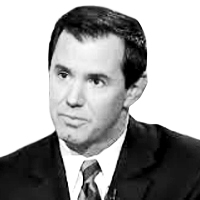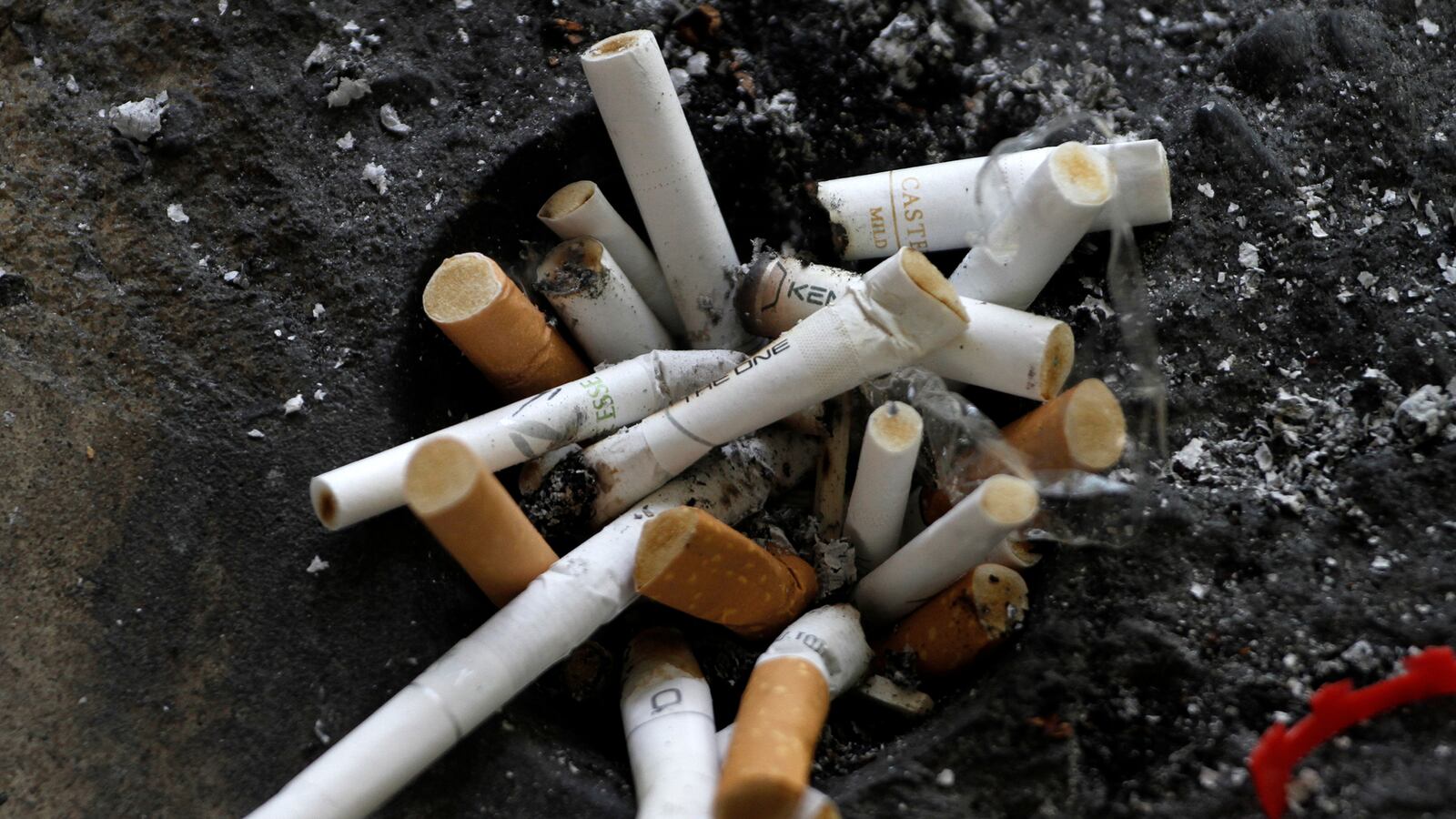My mother died after a one-year bout with lung cancer two years ago. She had been a smoker for 48 years.
Given that her mom, my grandmother, suffered the same fate for the same reason in the same month at the same age 28 years earlier, my mom’s diagnosis was not surprising. We had tried to get her to quit for years. She had tried as well. In the end, she joined hundreds of thousands who went through a similar process, only to suffer a slow and cruel death.
Despite adult smoking rates in the U.S. dropping from 43 percent (1965) to the 18 percent last year, it remains the top cause of preventable death in the country, killing more than 480,000 people annually. Her passing—and seeing what she went through with daily chemo treatments at Sloan-Kettering, with the weight loss, with the constant discomfort and pain—was the most emotionally exhausting experience I’ve ever had.
So when the news broke Wednesday morning of the decision by CVS to no longer sell cigarettes at any of its 7,400 stores nationwide, it was obviously greeted with open arms by all those who watched a loved one battle (and likely lose to) lung cancer, which has one of the lowest survival rates of any kind of cancer. It also made me think about how the attitude about smoking had changed so much since the 1960s when my mom first started, a time when nearly half the country was lighting up.
Over the summer, my then-pregnant wife and I moved from Hoboken (a mostly urban environment) to the suburbs of North Jersey. One of the major draws for me was going from a one-bedroom apartment—with no yard or anywhere outdoors to entertain—to a place with ample green grass to throw a summertime barbeque at. So a few weeks after moving in, we had 50 friends or so come by for burgers, dogs, beer, wine and corn toss. And you know what? Not one person smoked. Not one. And some in attendance—from what I remember from my Hoboken and Jersey shore days—definitely used to, at least socially.
But times have changed. The first big turning point was the ban in bars locally in the area: First in New York, then the following year (2005) in New Jersey. Cost also plays a role; the price of a pack is $13.00 in the city. Even a half-a-pack-a-day smoker now drops almost $200.00 per month on the habit. But ultimately it’s the cultural change that has accelerated the decrease. Smokers are told they can’t indulge not only in bars, restaurants and the workplace, but beaches, parks, even directly in front of buildings. They are treated as puffing pariahs. It’s simply no longer cool to do it. And the numbers back that up: According to Euromonitor International, cigarette sales in the U.S. fell 31 percent over the past ten years alone.
The CVS move will undoubtedly create a domino effect among other pharmacy chains. Walgreens and Rite Aid—seeing the glowing publicity CVS is benefitting from—will quickly follow suit. Major supermarkets—Shop Rite, A&P, Stop & Shop, Publix—won’t be far behind. And in a country where instant gratification rules and inconvenience in any capacity is not acceptable—smokers, particularly the aforementioned social ones, will simply quit altogether for the social and logistical hassles alone.
CVS made a bold move…the boldest we’ve seen by a major corporation in years. It also made the correct one by seeing the future from a business perspective. Baby boomers are now retiring, increasing need in the local healthcare/pharmaceutical space. Meanwhile, less people are smoking, shrinking that market and the profits that go with it. And if it’s great for the image of CVS—the company says it also plans to spearhead a national program directed at helping smokers quit—all the better. The company says it will lose $2 billion in sales now, but the enduring effects, along with an increased focus on the pharmacy aspect of the business, should eventually make that money back and then some.
“We believe the move will be viewed as a positive long-term decision by CVS, despite the near-term profit drag, as it paves the way for increased credibility with both health care consumers and payers,” according to ISI Group analyst Ross Muken.
So maybe with other major stores no longer selling tobacco products and most Americans viewing smoking as sooooo 20th century, maybe the number of smokers in this country will drop into the single digits in the next decade. Maybe nearly a half million people won’t have to die prematurely.
My mother grew up in a different time. Cigarettes were cheap. Smoke filled the offices, the local bars, just about anywhere. It was an accepted, almost encouraged part of American culture.
But thanks to CVS making the right business and ethical decision—a rarity in today’s world—smoking may finally be a thing of the past.






